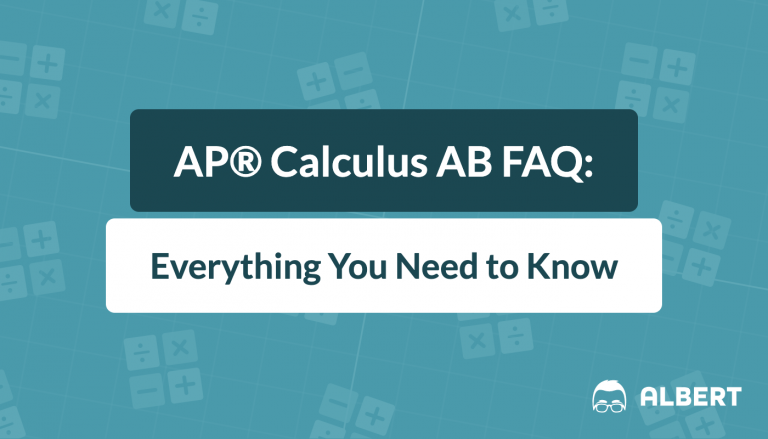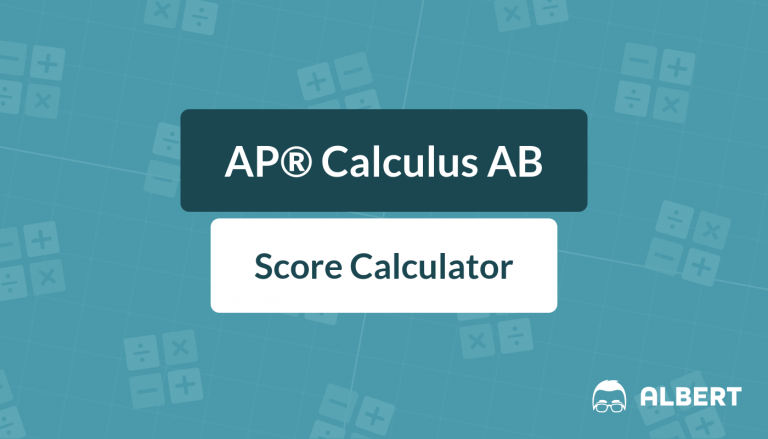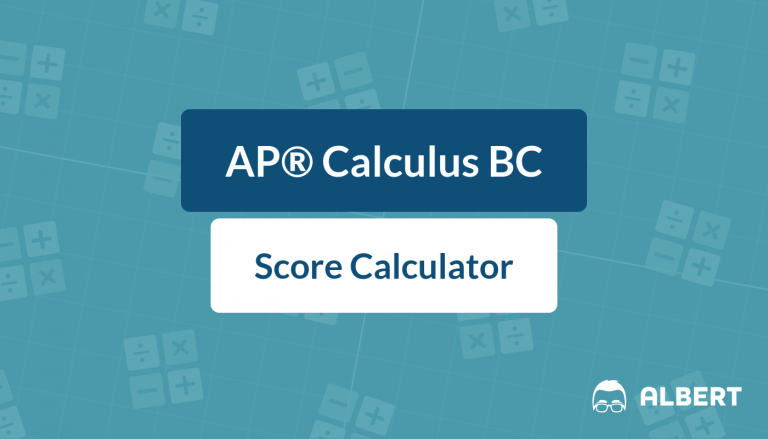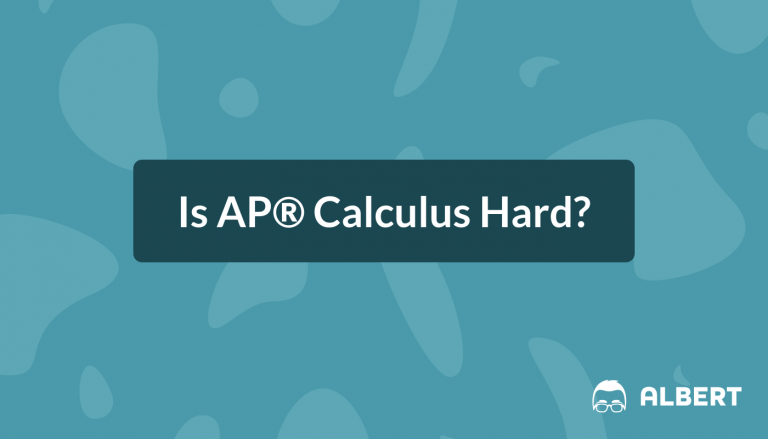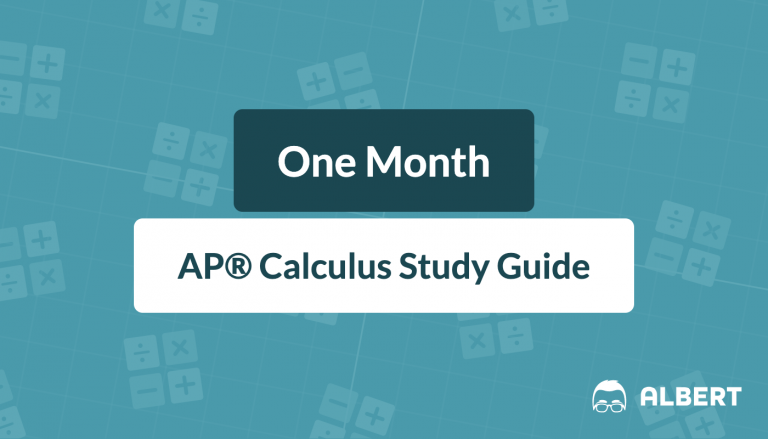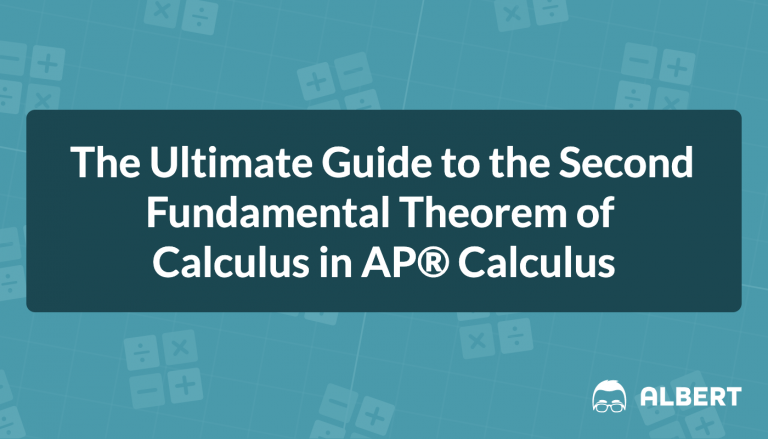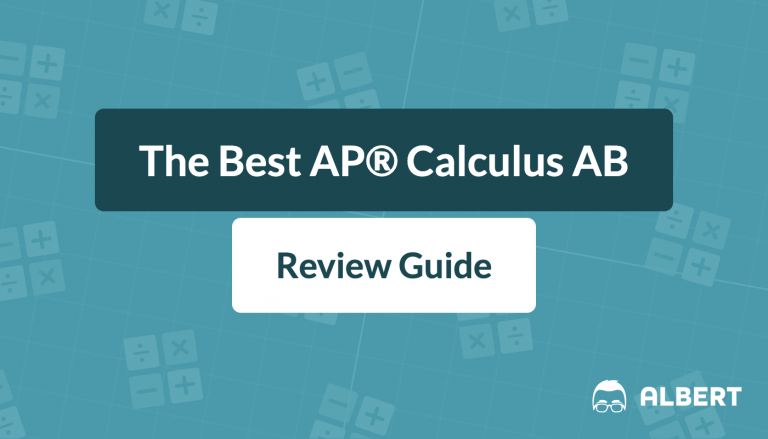
The Best AP® Calculus AB Review Guide for 2024
This post features the best AP® Calculus review guide for 2021’s modified AP® exams. This includes summaries on the latest changes, strategies to take into this year’s exam, and hand-picked practice FRQs for you to review before the test.

